Church Silent on Sin
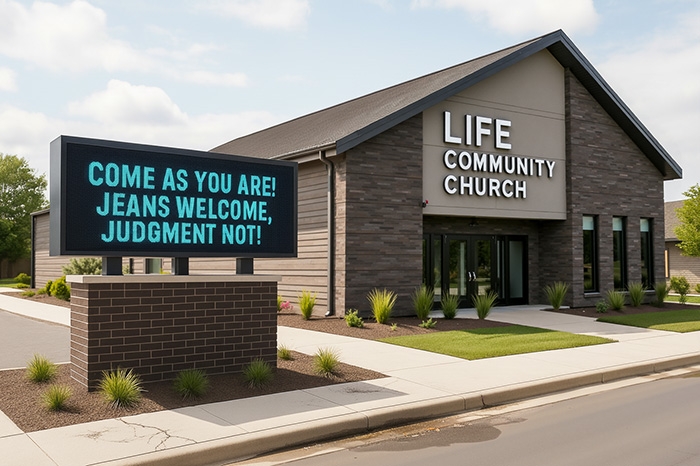
Nearly half of Americans—including many who call themselves Christians—don’t think they’re sinners.
A September 2025 survey from Arizona Christian University’s Cultural Research Center confirms what’s been building for years: the Church has gone silent on sin. A Pew study back in 2019 found only 3% of sermons even mentioned it. As George Barna, director of the center, warns, that such silence is a “devastating body blow” to both the Church and society.
While most adults—84%—say sin exists, only half accept the core biblical truth that everyone is a sinner. Even among Christians, many hesitate to own up: just 60% admit their own sinfulness. Only half of Catholics agree. For the rest, the default assumption is that people are “basically good,” or at least good enough to escape judgment—if judgment exists at all.
When people do acknowledge sin, many treat it as relative. Over half say there are no absolutes—sin is simply whatever you think it is. Even among Christians, only a small minority hold to a biblical definition. Most have traded it for a softer, cultural view that sees humanity as basically good and God’s standards as flexible.
The study highlights another troubling trend: younger generations are even less likely to acknowledge sin. Only 41% of young adults aged 13-28 and 49% of adults aged 29-44 believe everyone sins. Older generations fare better, but the overall trajectory is clear: sin denial is growing.
There are also regional and racial divides. Midwestern and Southern adults are more likely to admit personal sin than those in the liberal East or West. Asians are the least likely group to see themselves as sinners, with only 28–31% acknowledging personal sin.
Barna is blunt: when churches fail to educate on sin, society suffers. Americans who deny sin—or treat it as relative—develop skewed moral compasses. They condemn others but excuse themselves. In the process, they justify abortion, sexual immorality, and dishonesty all while believing that, deep down, they are “basically good.”
A population that rejects absolute standards is like a builder who ignores the blueprints. Such a house would be as dangerous as many of our city streets. If “right” and “wrong” are whatever feels good, it will come as no surprise when evil spreads freely. Moral relativism becomes a cultural disease, weakening families, communities, and the Church itself.
Pastors, parents, and Christians of all age and stage must speak up. As Barna puts it: “Students will remain ignorant when their teachers fail to inform them of critical information and consequences. Allowing Americans to skirt around the personal implications of sinful living is a major disservice.”
The Church —including pastors and church goers— must boldly preach the reality of sin, the certainty of judgment, and that forgiveness is only available in Christ. Sin cannot be rebranded, blurred, or ignored. Only by confronting it do we discover the depth of God’s grace, the need for repentance, and the transforming power of the Gospel.
Teaching the truth equips believers to shape a culture desperate for moral clarity. Courageously living out that truth awakens hearts to their need for a Savior and points them to the forgiveness only found in Christ.
The Church has both the tools and the responsibility to reverse this crisis. We need to call hearts to repentance and remind the world that all have sinned—but all can be forgiven through Jesus.
One practical way to do this is by handing out Gospel tracts. Titles like This Was Your Life and One Way present timeless, easy-to-understand Gospel messages that sin has consequences and judgment day is coming.
If the Church stays silent, the consequences are eternal—and the moral drift we see today will only deepen. But if Christians actively share the Gospel, the Church can shine as a beacon of clarity, mercy, and cultural renewal.
- See more articles on related topics:
- For Christians
- Judgment Day
- Other Subjects
- Tract Witnessing
Products of interest:
-

This Was Your Life
Everything you have said or done will be played back at judgment. Will your name be in the Book of Life? -
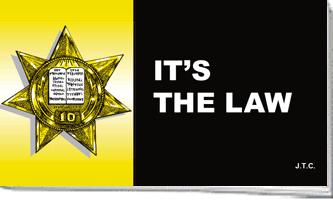
It's The Law
The Ten Commandments ... no one can obey them perfectly. That's why we need Jesus. -

Royal Affair, The
When King David repented of his sin with Bathsheba, God forgave him. Repent, and God will forgive you, too! -
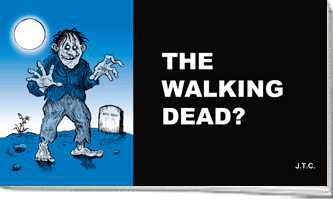
Walking Dead?, The
We are all like zombies. The spirit inside us is dead, thanks to Adam. Here is how to change it. -
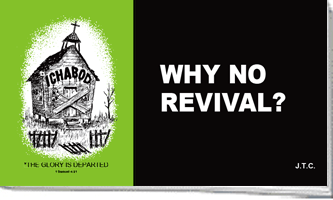
Why No Revival?
A message to Christians shows why many churches have no revival. -

One Heartbeat Away
254 pages
You died. Now what? Is there anything out there after we take that last breath? -
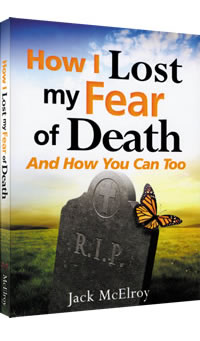
How I Lost My Fear of Death
165 pages
People live their whole lives with a nagging fear that they're going to die. Here's an easy way to help them fix it! -

When Life Is Over
64 pages
This short, easy read has everything you want to tell lost friends and family about salvation. Gentle and easy to give to anyone.
